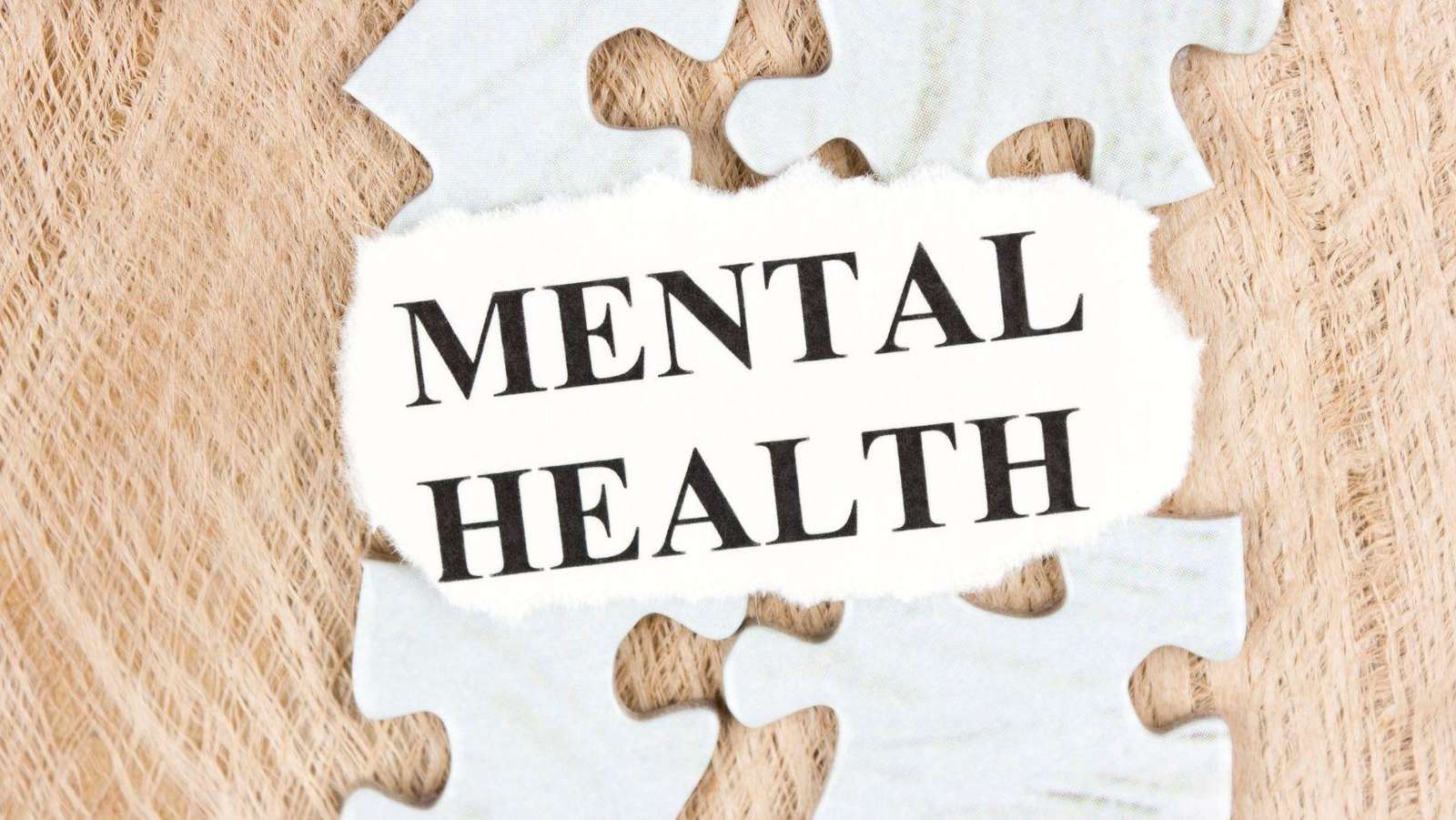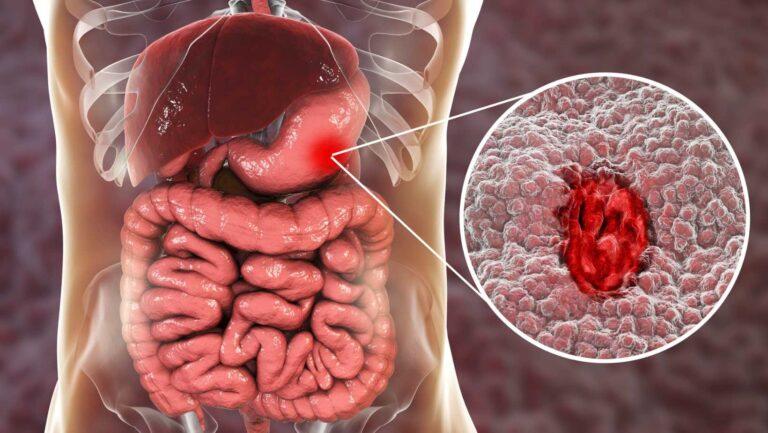Physical and mental health are two interconnected aspects of our well-being that often go hand in hand. While it is widely known that staying physically active can positively impact our mental state, the relationship between these two areas of health is complex and multi-faceted. In recent years, researchers have made great strides in uncovering the link between physical and mental health, shedding light on how lifestyle choices, exercise, and overall wellness can directly affect our emotional and cognitive well-being. Understanding and nurturing this connection is crucial for maintaining a balanced and healthy lifestyle. This article will explore how physical health impacts mental health and provide actionable strategies to improve our well-being. Whether you are looking to optimize your cognitive performance or enhance your physical fitness, examining the connection between physical and mental health is necessary to achieve holistic wellness. So, let’s dive in and discover the fascinating relationship between physical health and mental health.
The Impact of Physical Health and Mental Health Wellness

Physical health and mental health are two aspects of our overall well-being that are deeply interconnected. The impact of physical well-being on mental wellness cannot be underestimated. Numerous studies have shown that regular exercise and a healthy diet can profoundly affect our mental state and happiness.
Engaging in physical activity releases endorphins, also known as the “feel-good” hormones, which can boost our mood and reduce feelings of stress and anxiety. Exercise is not only beneficial for our physical health, but it also helps to alleviate symptoms of depression and other mental health disorders. Even a short walk or light stretching can significantly affect our mental well-being.
In addition to exercise, a balanced and nutritious diet can contribute to our mental wellness. The food we consume affects not only our physical health but also our brain function. A diet rich in fruits, vegetables, whole grains, and lean proteins gives our brains the necessary nutrients to function optimally. On the other hand, a poor diet lacking essential nutrients can lead to fatigue, poor concentration, and increased vulnerability to mental health issues.
Taking care of our physical health should not be considered separate from tending to our mental well-being. Instead, it is important to recognize the synergistic relationship between the two. By prioritizing physical activity and maintaining a nutritious diet, we can enhance our mental wellness and overall quality of life. Physical and mental health go hand in hand, and investing in both is essential for our well-being.
Exploring the Influence of Physical Health and Mental Health well-being

Mental health is a crucial aspect of overall well-being, playing a significant role in influencing physical health. Although often overlooked, the link between mental health and physical health is a complex and interconnected one. Our mental state not only affects how we feel emotionally, but it can also impact our body’s ability to fight off illnesses and recover from physical ailments.
Numerous studies have shown that individuals with mental health conditions are more prone to experiencing physical health problems. For example, individuals with depression are more likely to suffer from chronic pain, cardiovascular diseases, and compromised immune systems. Similarly, chronic stress and anxiety can lead to weakened immune functions, increased inflammation, and higher risks of developing conditions such as heart disease and diabetes.
The relationship between mental and physical health is bidirectional, meaning that physical health issues can also contribute to poor mental well-being. Chronic pain, for instance, can lead to feelings of frustration, sadness, and decreased motivation. Furthermore, individuals living with somatic symptom disorders may suffer from physical symptoms that have no medical explanation, leading to confusion and emotional distress.
Recognizing and prioritizing the connection between mental and physical health is crucial for overall well-being. Taking care of our mental health through therapy, self-care practices, and stress management techniques can positively impact our physical health. Similarly, focusing on physical fitness, a balanced diet, and regular exercise can improve our mental well-being by reducing symptoms of anxiety and depression.
In conclusion, mental health plays a vital role in influencing physical well-being. By understanding the interplay between the two, we can strive for holistic health. Prioritizing mental and physical self-care helps create a positive cycle where improved mental well-being enhances physical health and vice versa. We can truly thrive and achieve optimal overall well-being by addressing both aspects.
The Connection between Exercise and Mental Health
We all know that exercise is important for our physical health, but did you know it also significantly impacts our mental health? The connection between exercise and mental health is strong and should not be overlooked. Regular exercise has been proven to combat symptoms of anxiety and depression, reduce stress, and improve overall mood. When we engage in physical activity, our bodies release endorphins, also known as “feel-good” hormones, that trigger positive feelings within us.
Not only does exercise have immediate effects on our mental health, but it also contributes to long-term benefits. Research has shown that individuals who regularly exercise have a lower risk of developing mental health disorders such as depression and anxiety. Exercise helps regulate our emotional and cognitive processes, improving self-esteem and better coping mechanisms. We proactively enhance our mental well-being by incorporating exercise into our daily routines.
Additionally, exercise provides an opportunity for social interaction and support, which is vital in maintaining good mental health. Participating in group exercises, such as joining a sports league or attending fitness classes, not only provides the benefits of physical activity but also fosters a sense of belonging and connection. Physical activities can reduce loneliness and isolation, promoting a positive mindset and overall mental well-being.
In conclusion, the link between exercise and mental health is undeniable. Regular physical activity improves our physical well-being and profoundly impacts our mental state. By incorporating exercise into our daily lives, we can combat symptoms of anxiety and depression, reduce stress, improve our mood, and lower our risk of developing mental health disorders. So, why wait? Lace up those sneakers, run, hit the gym, or try a new fitness class. Your body and mind will thank you.
The Role of Sleep in Maintaining Physical and Mental Health
Sleep plays a crucial role in maintaining both physical health and mental health. Sleep is essential for our overall well-being, whether it’s a good night’s sleep or sufficient rest during daytime hours. Regarding physical health, sleep helps our bodies recover and repair from daily wear and tear. During sleep, our muscles and tissues can heal, strengthening our immune system and reducing the risk of illness and disease.
Furthermore, sleep is instrumental in maintaining a healthy weight. Lack of sleep can disrupt hormone levels, particularly those responsible for appetite regulation. This can lead to increased cravings for unhealthy foods and a greater likelihood of overeating. On the other hand, adequate sleep can help regulate these hormones, promoting healthy eating habits and better weight management. Moreover, getting enough sleep is vital for cardiovascular health, as it helps regulate blood pressure and reduce the risk of heart disease.
In addition to its impact on physical health, sleep also plays a significant role in maintaining optimal mental health. Sufficient sleep is essential for cognitive functioning, including memory retention, concentration, problem-solving, and decision-making. When well-rested, we are more alert, focused, and able to tackle daily challenges effectively. Conversely, lack of sleep can impair our cognitive abilities, increasing the likelihood of errors, decreasing productivity, and creating difficulties coping with stress.
In conclusion, sleep is not merely a luxury but a physical and mental health necessity. Prioritizing sleep by ensuring we get enough quality rest can have far-reaching benefits. Sleep is a fundamental pillar of overall health, from boosting our immune system and promoting weight management to enhancing cognitive function and reducing mental health issues. So, let’s make a conscious effort to prioritize sleep and reap all its amazing benefits.
Stress Management: The Key to Balancing Physical and Mental Well-being
In our fast-paced and demanding world, stress has become an inevitable part of our lives. It affects everyone, regardless of age, profession, or background. While a certain level of stress can be beneficial in motivating us and increasing our productivity, excessive and prolonged stress can harm our physical health and mental well-being.
Maintaining physical and mental health balance is crucial for overall well-being. Physical exercise releases endorphins, the “feel-good” chemicals in our brain, which can help reduce stress and uplift our mood. Walking, running, yoga, or even dancing can positively impact our physical and mental health.
Additionally, stress management techniques can greatly contribute to maintaining this delicate balance. Taking time for oneself, practising mindfulness meditation, and engaging in hobbies or activities that bring joy and relaxation can reduce stress and improve overall mental and physical health. Remembering self-care is not a luxury but a necessity, as neglecting one’s well-being can lead to long-term health issues.
It is also important to recognize and address underlying causes to effectively manage stress. This may involve seeking professional help, such as therapy or counselling, to develop coping mechanisms and strategies to handle stressors. Taking steps to manage stress not only benefits our mental health but also reduces the risk of physical health problems such as heart disease, high blood pressure, and weakened immune function.
In conclusion, prioritizing stress management is crucial for maintaining the delicate balance between physical and mental health. We can achieve a healthier and more fulfilling life by incorporating regular physical exercise, practising stress management techniques, and seeking professional help. Remember, caring for ourselves is not selfish but an essential step towards overall well-being.
Conclusion: Embracing a Holistic Approach to Personal Health and Wellness
In today’s fast-paced and hectic world, it’s becoming increasingly important to prioritize our health and wellness. With the rise in cases of stress-related illnesses and mental health disorders, we must adopt a holistic approach to taking care of ourselves. This means considering our physical and mental health as interconnected aspects of our overall well-being.
When it comes to physical health, it’s essential to engage in regular exercise and maintain a balanced diet. Exercise not only helps keep our bodies fit, but it also releases endorphins that elevate our mood and reduce stress. A healthy diet filled with nutritious foods also provides our bodies with the necessary fuel to function optimally and boosts our immune system.
However, focusing solely on physical health is not enough. Our mental health is just as important and cannot be neglected. Taking care of our mental well-being involves:
- Finding ways to manage stress.
- Practicing mindfulness.
- Seeking support when needed effectively.
Engaging in activities and hobbies that bring us joy, practising self-care rituals, and cultivating healthy relationships all contribute to maintaining a healthy mind.
By embracing a holistic approach to personal health and wellness, we acknowledge the interconnectedness of our physical and mental well-being. Nurturing both aspects allows us to lead fulfilling lives and experience a sense of balance. Remember, self-care is not selfish but rather a necessary investment in ourselves. So, let’s prioritize our health, make time for ourselves, and embrace a holistic approach toward personal well-being.










Leave a Comment